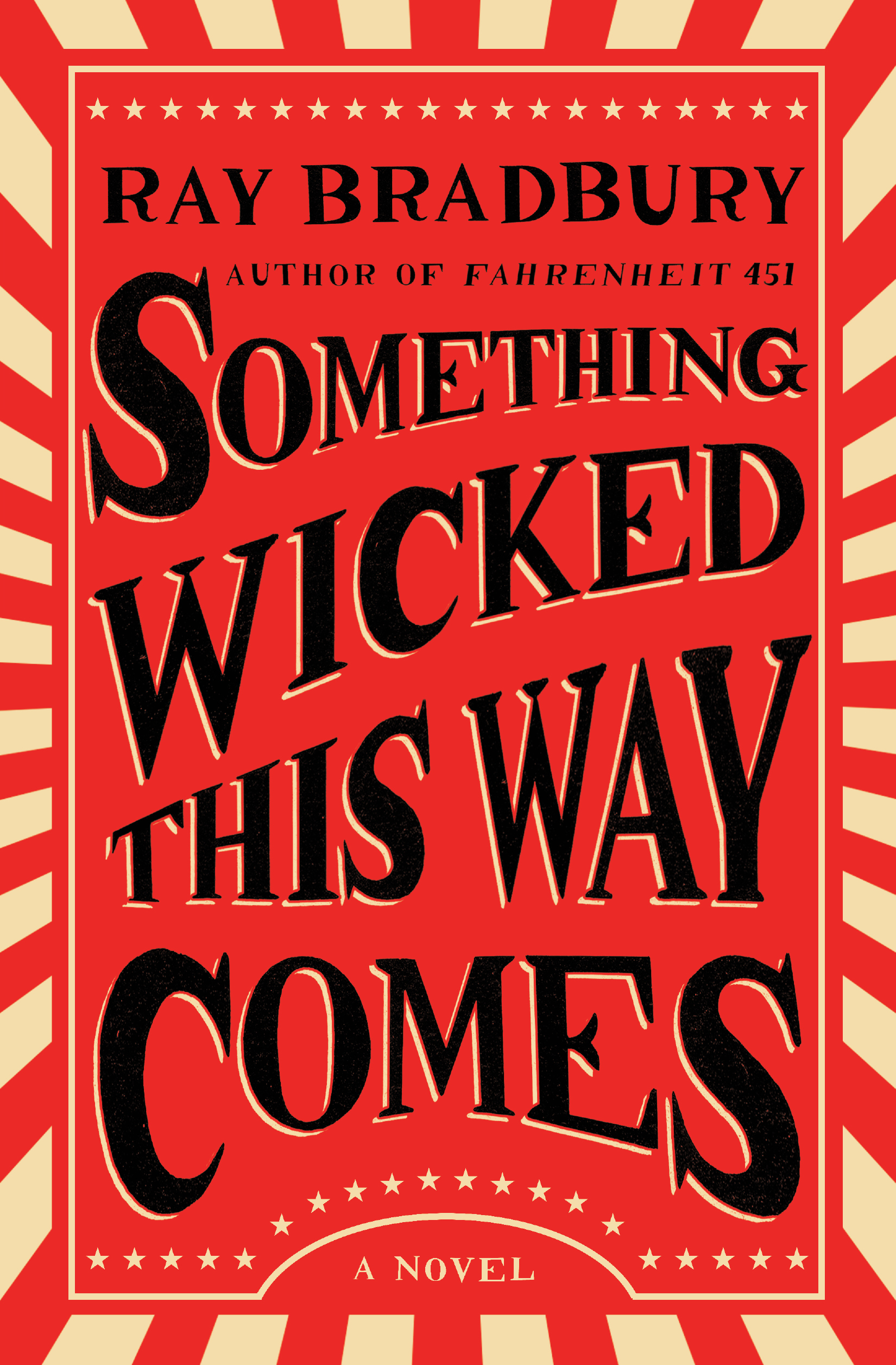Part I — Arrivals
byArrivals opens with a profound reflection introduced through the words of W.B. Yeats: “Man is in love, and loves what vanishes.” These words set a contemplative and poignant tone for the chapter, inviting readers to reflect on the fleeting nature of love and life itself. The quote carries an emotional depth, highlighting how love is intertwined with the inevitable loss of what is loved. It suggests that the beauty of love often lies in its transience, and in this way, it evokes a sense of bittersweetness. The reference to things that “vanish” immediately draws attention to the impermanence of human connections, experiences, and emotions. While the chapter is brief and consists primarily of this reflective quote, it effectively lays a thematic foundation for the rest of the narrative. By using Yeats’ words as an entry point, the chapter establishes the overarching theme of love’s ephemerality, preparing the reader for the deeper exploration of this concept in the chapters that follow.
The powerful imagery in Yeats’ words prompts further reflection on themes such as longing, desire, and the transient qualities of both life and relationships. Yeats, a poet celebrated for his ability to capture the fleeting nature of human existence, poignantly touches on the idea that love is intimately tied to loss. This loss is not just about physical separation but also about the emotional weight of impermanence that lingers even after the passage of time. By emphasizing the notion of things that “vanish,” the quote speaks to the inevitability of change and the emotional complexity that arises from it. These themes invite the reader to reflect on their own experiences of love and loss, evoking a sense of universal truth that transcends time. As the narrative progresses, these initial reflections set the stage for deeper explorations of relationships and the inevitable changes that time brings, adding a layer of introspection to the unfolding story.
Despite its brevity, the prologue serves as an effective gateway into the larger conversation about love, loss, and the passage of time. It acts as an invitation for readers to think about their personal experiences with these emotions—how they may have loved something or someone deeply, only to see it slip away, and how such moments of loss shape the way they understand their own lives. The simplicity of this opening passage, however, is what makes it so impactful. It distills these complex, often difficult-to-understand concepts into a few powerful words that speak directly to the reader’s emotional core. Rather than providing detailed narrative elements or character introductions, this segment allows space for the reader to reflect, to pause and consider the themes at hand. In doing so, it sets the tone for a rich emotional journey that promises to explore the transient nature of love and life in much greater depth.
The chapter also subtly suggests that the events to come will explore not just the beauty of love but the deep sadness that accompanies the eventual loss of what is most cherished. The brief but effective introduction to these themes builds anticipation, encouraging readers to consider how their own lives and relationships align with these universal truths. This prologue, despite its brevity, invites introspection and sets up the emotional stakes for the narrative ahead. Readers may find themselves pondering their own experiences with love and loss, reflecting on how they have navigated those moments in their own lives. The prologue ultimately prepares the audience for a larger, more intricate exploration of these ideas as the story unfolds. By planting these themes early on, the chapter ensures that the reader is primed for a journey into the complexities of human relationships, their fleeting nature, and the inevitable passage of time that everyone must face.

